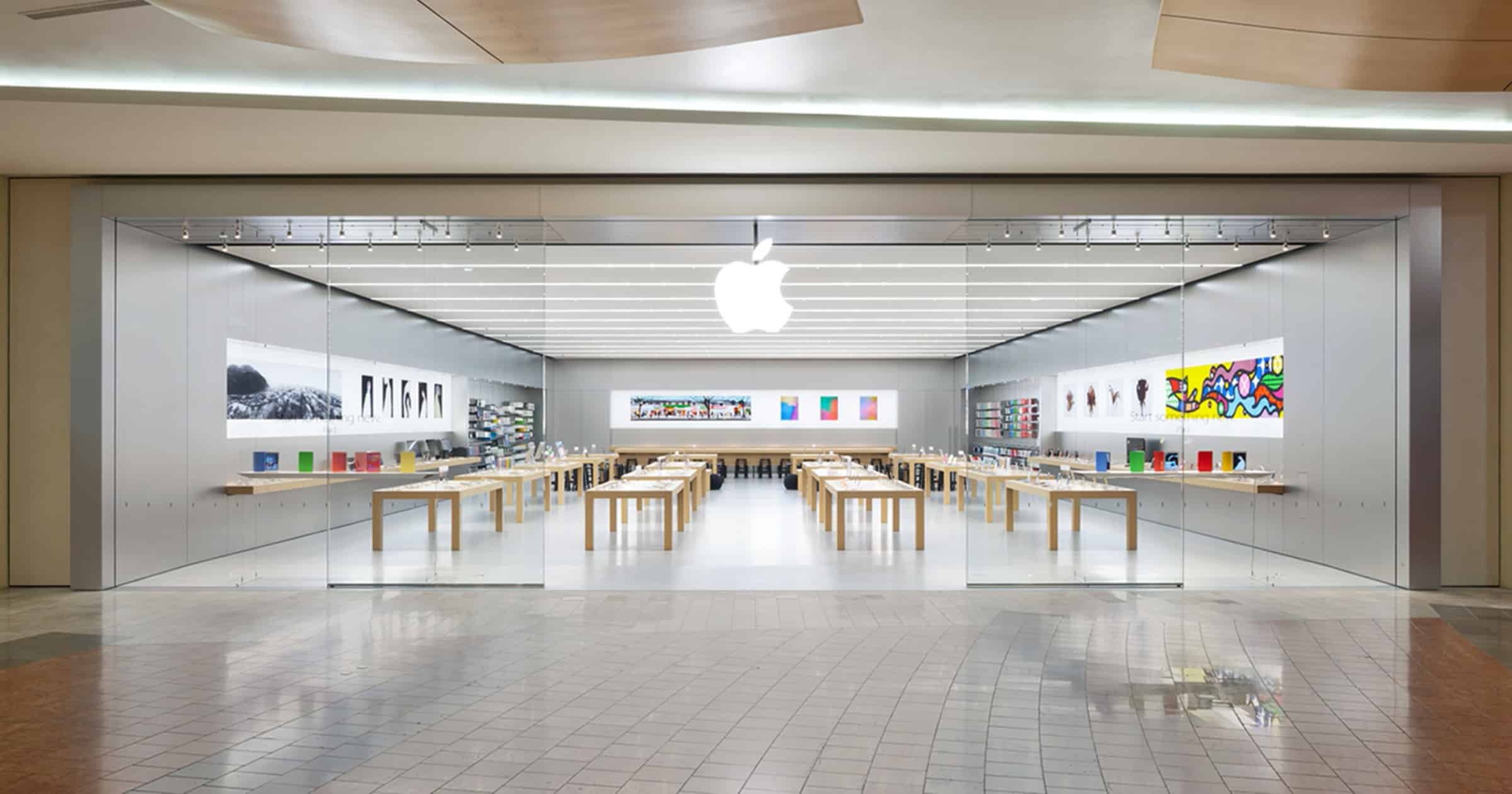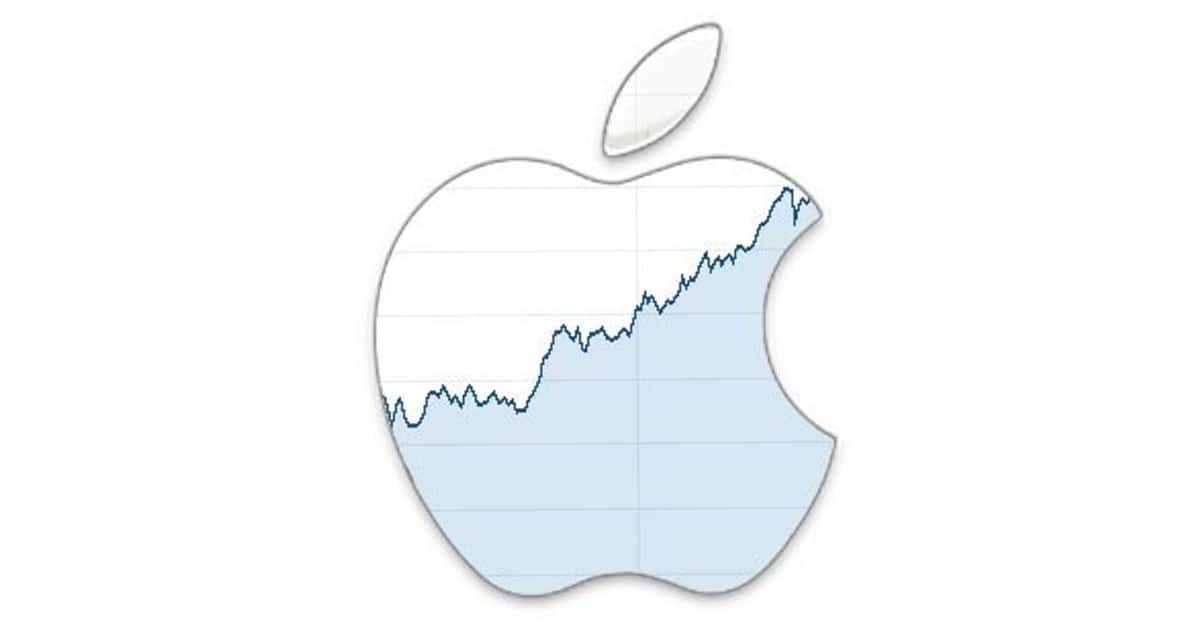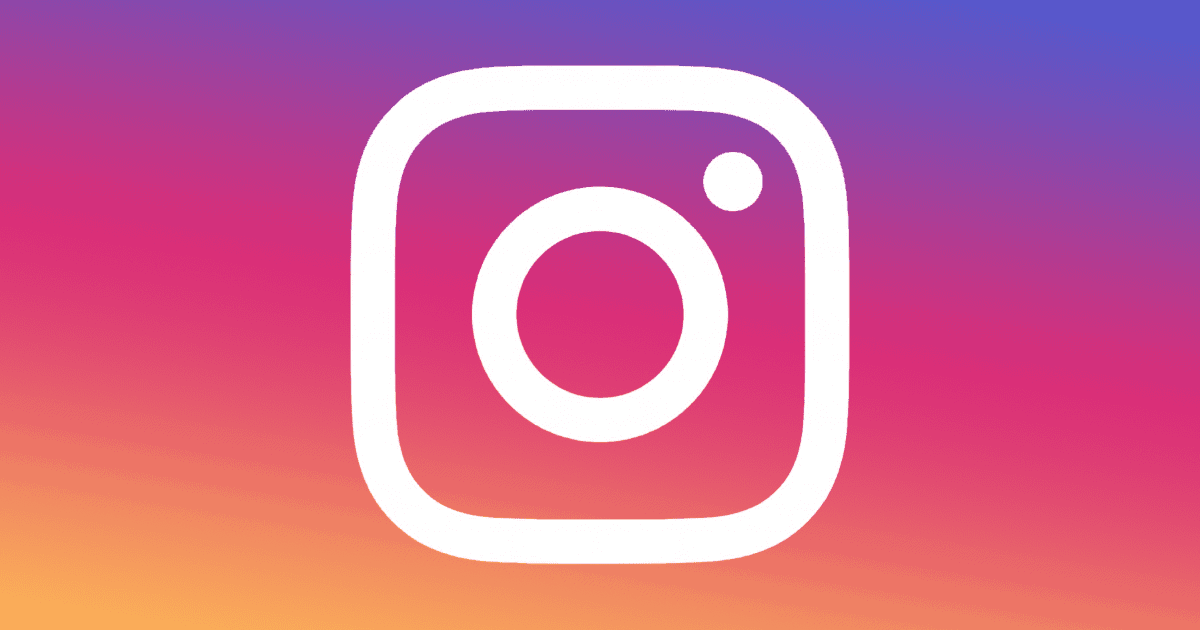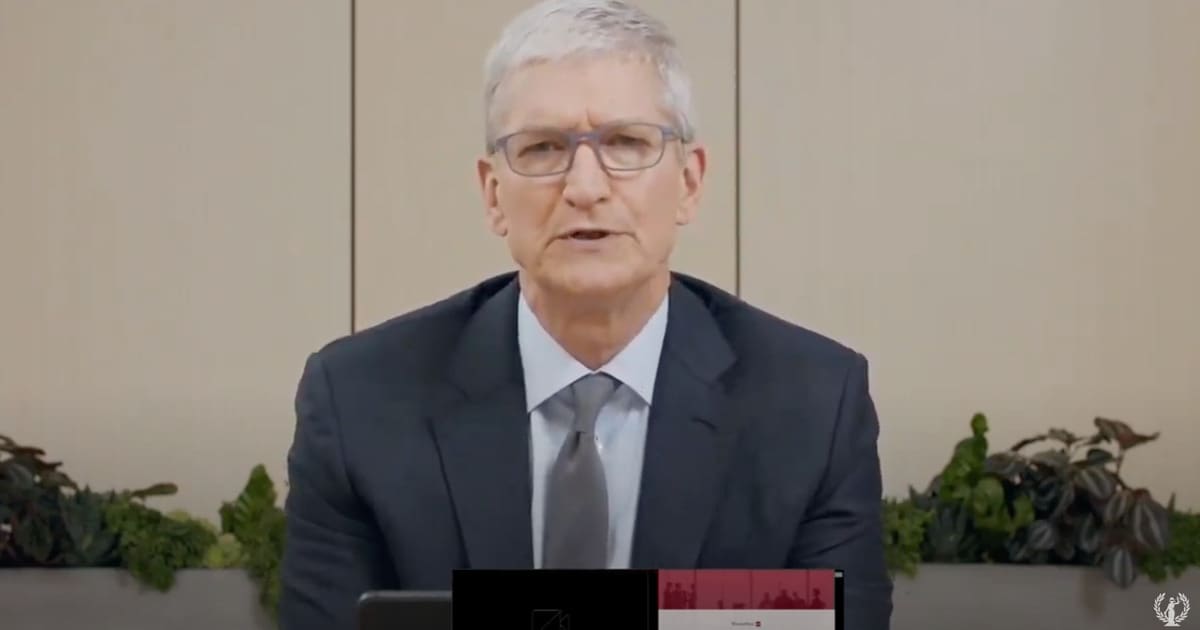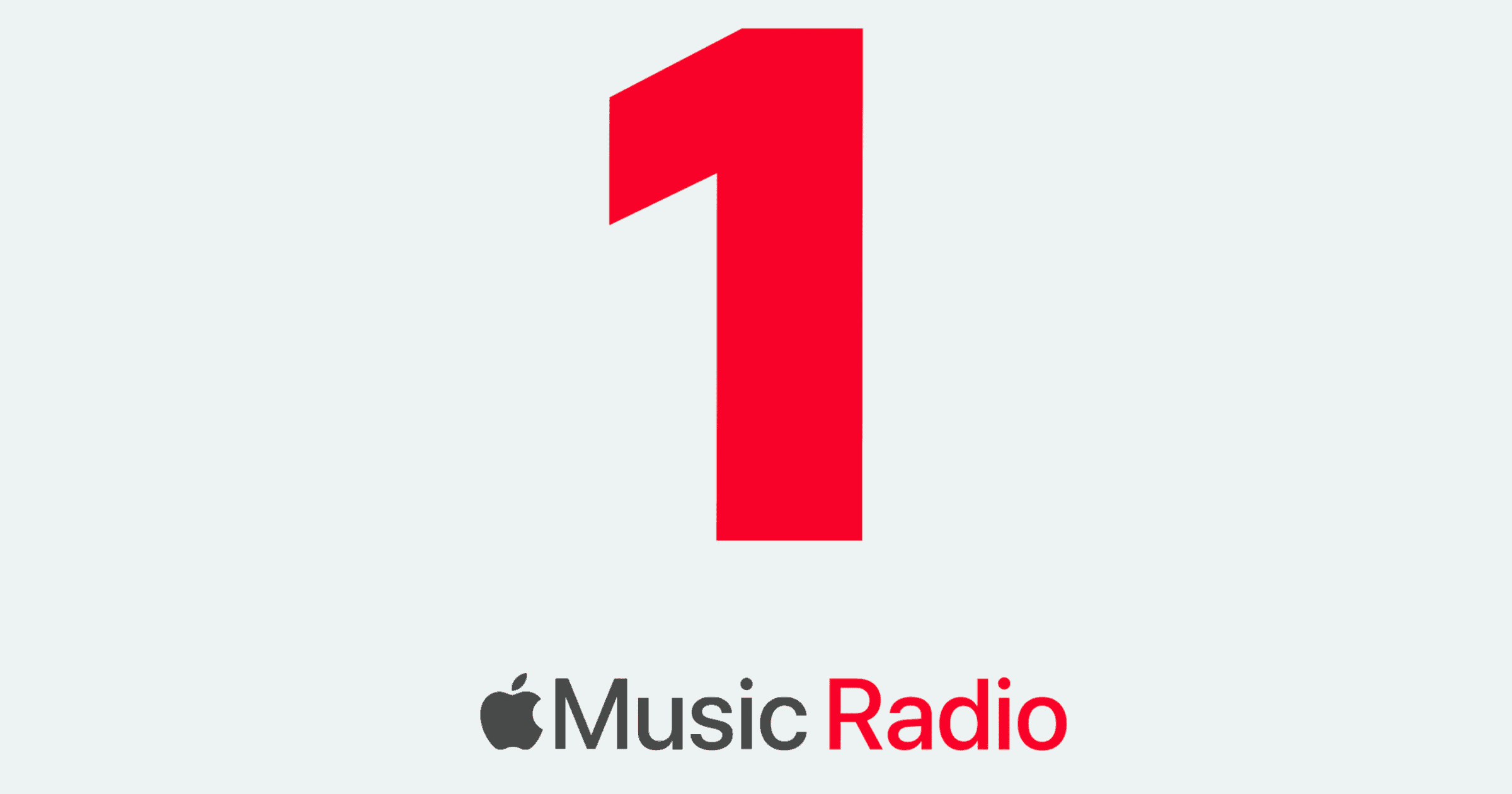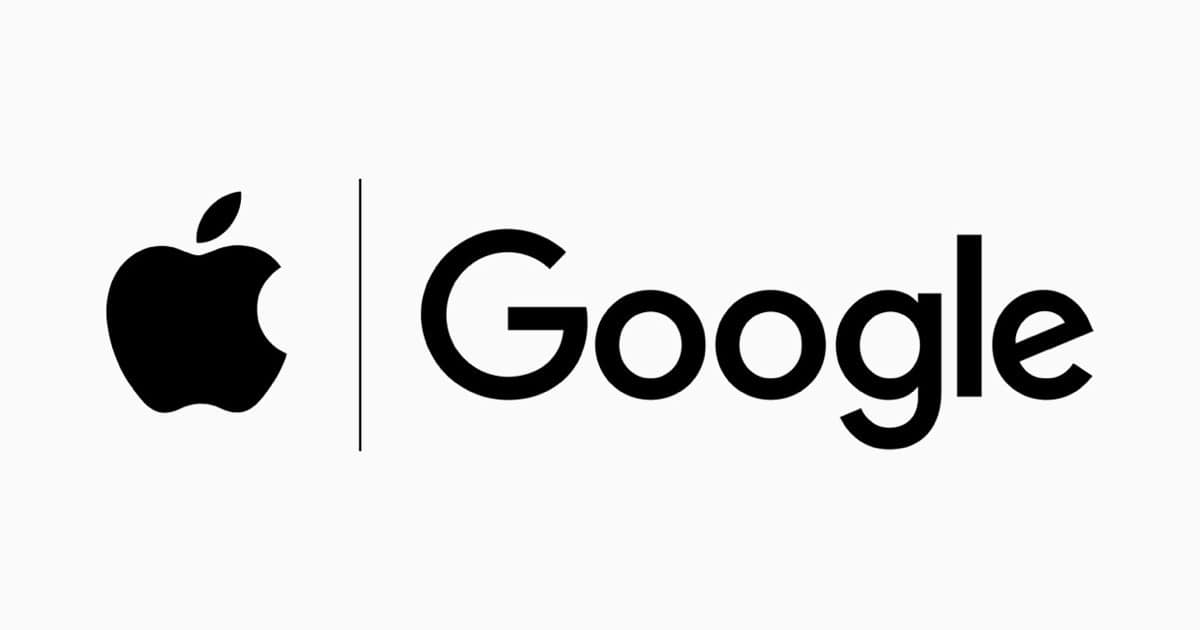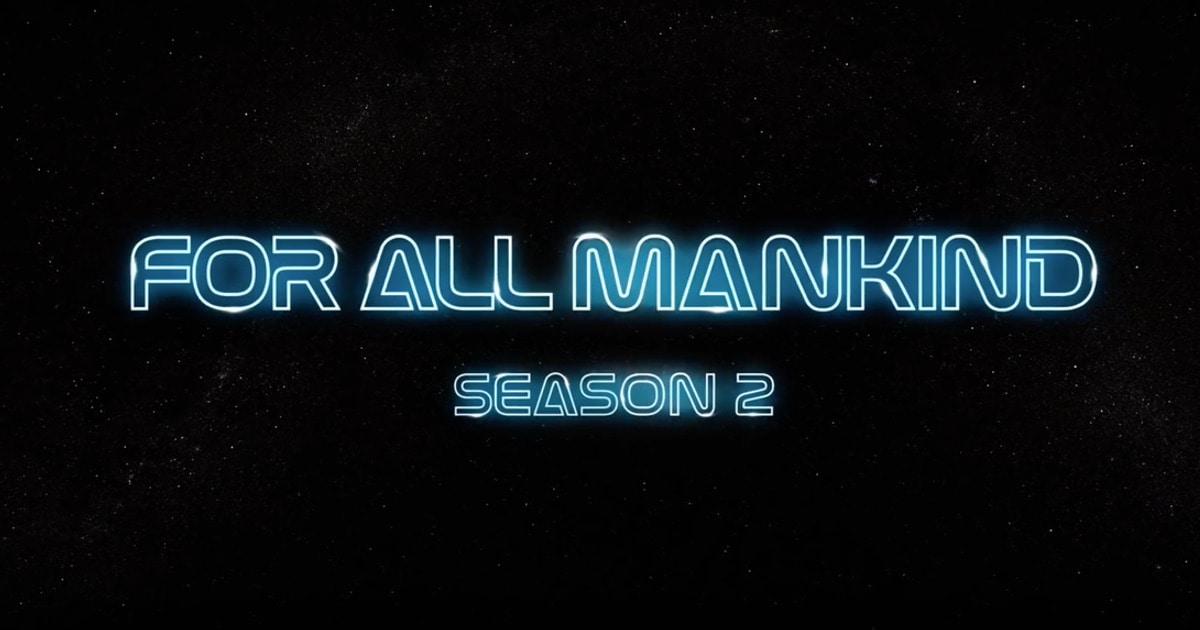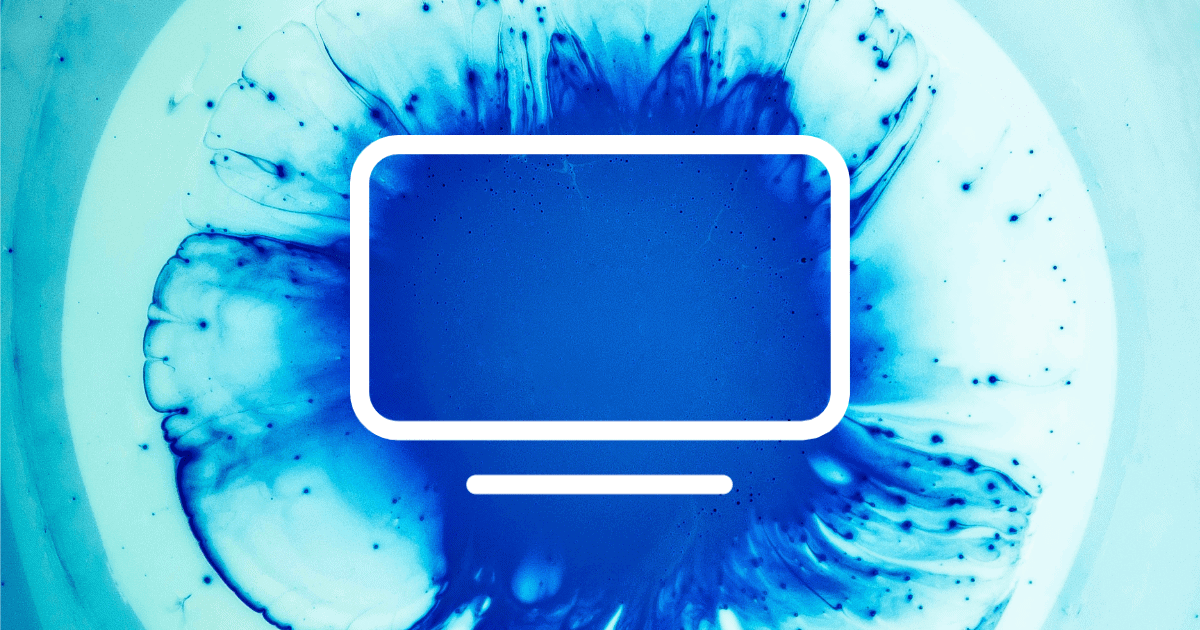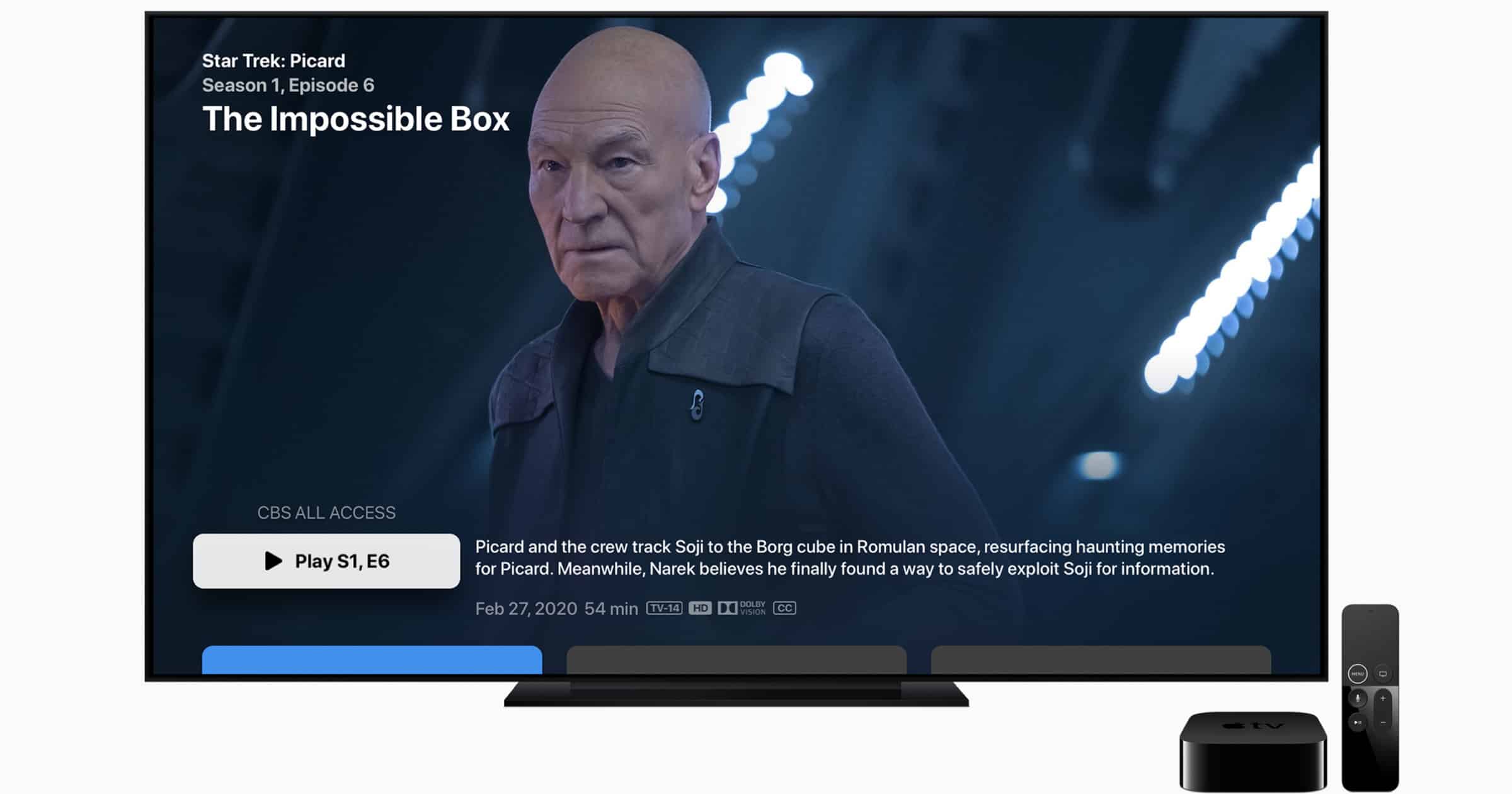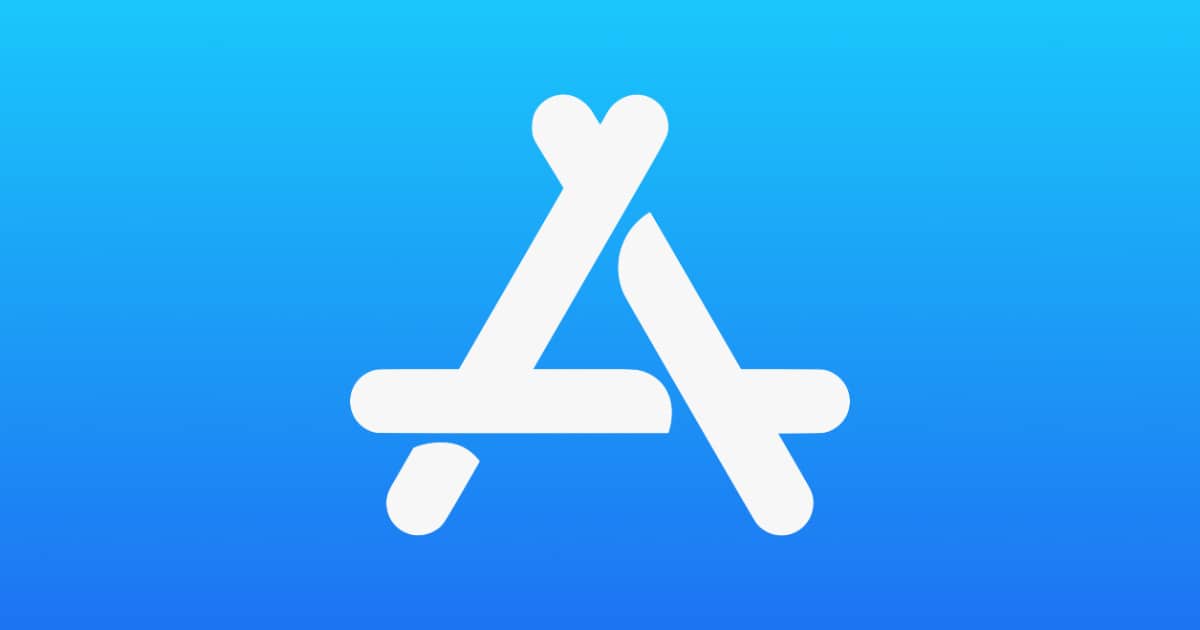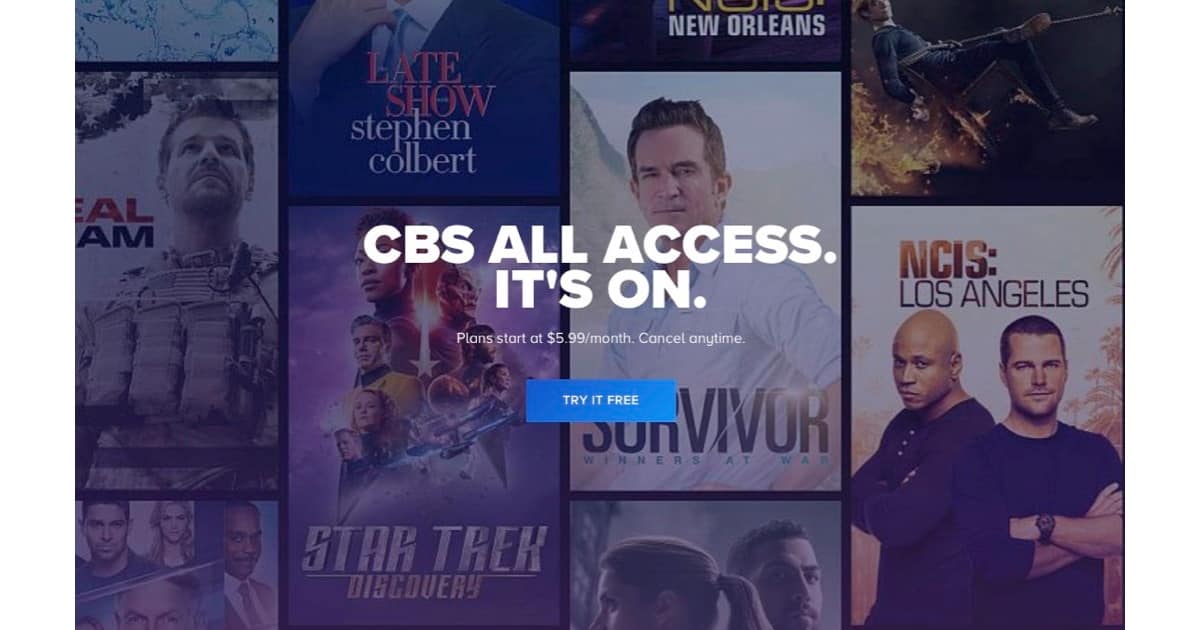The Oakridge Center in Vancouver, Canada is set for major renovations, which means that the Apple Store there will be closed until 2024.
Articles by Charlotte Henry
Ted Lasso Renewed for Season Two on Apple TV+
Ted Lasso will return to Apple TV+ for a second season after Apple renewed the comedy, starring Jason Sudeikis.
AAPL First US Company to be Worth $2 Trillion
Apple became the first company in history to be worth $2 trillion as AAPL stock traded at $467 a share and above.
Instagram QR Codes Launch Globally
Instagram launched its QR codes globally on Wednesday, The Verge reported. It means businesses can easily direct users to their profile on the photosharing app.
Users can now generate QR codes that’ll be scannable from any supporting, third-party camera apps. It first launched the product in Japan last year. The idea is that businesses can print their QR code and have customers scan it to open their Instagram account easily. From there, people can see store hours, buy items, or just follow the account. To generate your QR code, go to the settings menu on your profile and tap QR code. You might still see Nametag there, but eventually, it’ll become QR code. You can then save or share the image. Instagram previously deployed a similar system called Nametags, which were internal QR-like codes that could only be scanned from the Instagram camera. It’s now deprecating the feature entirely.
A One-Word Email From Tim Cook That Sums up His Leadership
Tim Cook’s leadership style, and the contrast with that of Steve Jobs, is much discussed. Inc picked up on an email from the Apple CEO responding to the complaints of a developer that was made public as part of recent antitrust hearings and rather summed up his style and emotional intelligence. The email only contained one word.
How would Cook respond to the lengthy message? He forwarded the email to three of Apple’s highest decision makers, senior vice presidents Eddie Cue, Phil Schiller, and Craig Federighi, with a one-word question: “Thoughts?” On the surface, you may think there’s nothing special about that type of email. After all, it’s a single word. But let’s break it down. First, Cook, the CEO of one of the most valuable companies in the world, could have dismissed the original message as a small-time complaint coming from a programmer who didn’t understand Apple’s overarching goals and strategy. But he didn’t.
Marriott Facing Lawsuit Over Major Data Breach
Marriott is facing a class action in London, brought by millions of those who stayed in its hotels and later had their data hacked.
Apple Music 1 Shows Writing on The Wall For Beats Brand
Speculation has been rife for a while that Apple would retire the Beats branding at some point in the near future. There was certainly a step in that direction on Tuesday with the rebrand to Apple Music radio, notes Brian M. Wolfe on iMore.
As the shift from Beats 1 to Apple Music 1 shows, any current Beats product name change would be seamless and probably won’t come until new models arrive, perhaps as early as this fall. Some name changes would be easier to make than others, however. The BeatsX, urBeats3, and Beat EP are probably history, while the Powerbeats and Powerbeats Pro could live on with “Apple” in each product’s name. Something tells me the Solo Pro, Beats Solo 3 Wireless, and Beats Studio 3 Wireless will all ditch “Solo,” and rebrand with “AirPods” in the name. Finally, the Beats Pill+ is likely to morph into a lower-priced HomePod. We should find out whether Apple retires the Beats name entirely soon enough, as the company is expected to begin announcing new products starting next month and into October.
Pennsylvania to Launch COVID-19 App Based on Apple-Google API
Pennsylvania is to launch its COVID-19 tracing app in September, built on the Apple-Google framework, AppleInsider reported. The app is set to be called ‘COVID Alerta PA’, according to the state’s Secretary of Health Dr. Rachel Levine.
COVID Alert PA will be interoperable with neighboring state Delaware’s app, as well as two other states yet to be named, according to 6 ABC. “The app is about Pennsylvanians helping Pennsylvanians, it’s about as a community being able to let each other know and track each other’s exposure so we can keep each other safe,” said Health Department spokesperson April Hutcheson. The app will notify people who have potentially been exposed to the coronavirus. The app uses the Centers for Disease Control guideline of being within six feet for at least 15 minutes.
For All Mankind Resumes Production
Production resumed on season two of Apple TV+ series For All Mankind on Tuesday, with two episodes still needing to be shot.
The Launch of Apple Music Radio
There is a new clip out to celebrate the launch of Apple Music radio. It features many of the top artists that host shows on the newly rebranded radio outlet, including Elton John and Snoop Dogg, amongst others.
This ex-Apple ad Manager Created The Ultimate Golf Cart
Brad Payne is a former digital advertising manager for Apple News. Fast Company revealed the story of how he created the Walker Trolley golf cart. You can certainly see the influence of his time at Apple in the story.
Golf cart design became mainly focused on “how tight can I fold it. Put a knob here, another hinge there. Put a racing stripe on it!” Trying to create the smallest folding pushcart is, according to Payne, “a fine goal. A very utilitarian goal. But because of that, the industry kind of converged around a similar design. Everybody kind of copied everyone else.” The starting point for the Walker Trolley, Gibson says, was not how the thing was going to look in the trunk of a car. “Should it fold simply? Yeah, but that shouldn’t drive the design. We want it to present your bag in a beautiful way, using the materials that respect the past.”
Beats 1 Becomes Apple Music 1, as New Country and Hits Stations go Live on Apple Music Radio
Beats 1 Radio has been renamed to Apple Music 1, as part of a rebrand to Apple Music radio, with two new stations also launching.
'The Morning Show' Stars Discuss #MeToo And The Effect of Real World Events
The stars and creators of Apple TV+ hit The Morning Show discussed a number of key themes in a recent panel for Deadline.
Ted Lasso Stars in New Apple TV+ Videos and Adverts
A number of new Apple TV+ videos, mostly starring Jason Sudeikis’s Ted Lasso, were released over the last few days.
iPhone Production Begins in India
Indian iPhone production has begun with Wistron looking to hire 10,000 staff, as Apple looks to reduce its reliance on Chinese manufacturing. 9to5 Mac has a nice roundup of the current situation.
India’s importance to Apple as a manufacturing center has grown considerably since the first Foxconn plant back in 2016. The goal at that stage was simply to make older and lower-end iPhone models for local sale. Apple’s primary production capabilities remained firmly centered in China. Things have changed rather dramatically since then. Apple’s increasingly uneasy relationship with China has highlighted the risks of being overly dependent on a single country for the vast majority of production. The substantial tariffs imposed by the Trump administration on Chinese-manufactured products made diversification of manufacturing a much more urgent matter. Apple reportedly responded by asking suppliers to price up the cost of moving 15-30% of production out of China. That seemed an ambitious goal at the time, with one reported failed attempt to manufacture the current flagship models in the country. However, the importance of having iPhone production much more widely dispersed around the globe was underlined when the coronavirus hit China, shutting down iPhone production in the country.
Apple Confirms Apple TV+, CBS All Access, SHOWTIME Bundle
Apple is releasing a package that includes CBS All Access and SHOWTIME for $9.99 per month alongside Apple TV+.
Verizon Mix and Match Unlimited Plans Now Include Disney+, Hulu and Espn+
Verizon updated its Mix & Match Unlimited wireless plans on Monday. A company announcement said that Disney+, Hulu and ESPN+ will be available alongside Apple Music.
Beginning August 20, Disney+, Hulu and ESPN+ will be included in select Mix & Match Unlimited wireless plans, along with features like Apple Music and the ultra-fast speeds of 5G Ultra Wideband, giving customers more value at the same price. “Our new Mix & Match plans make the choice clearer than ever: customers get the best network and the best value with Verizon,” said Frank Boulben, SVP Marketing and Products of Verizon Consumer Group. “We led the industry by giving customers Disney+ on us. Now we’re adding The Disney Bundle, which includes Disney+, Hulu and ESPN+, for more entertainment choices that appeal to a variety of interests. We can’t wait to see what customers choose to suit their needs.”
Tesla iPhone App Getting 2FA
Tesla is set to introduce two-factor authentication to its iPhone App in shortly. CEO Elon Musk tweeted that the long-awaited iOS feature “is going through final validation right now,” AppleInsider.
In a response to a tweet on Friday asking about an ongoing project to add two-factor authentication to the app, Elon Musk apologized for the feature being “embarrassingly late,” but that it was on the way. According to Musk, two-factor authentication via SMS or an authenticator app is “going through final validation right now,” though it is unclear if this refers to Tesla’s own procedures or those relating to the App Store. The Tesla mobile app provides drivers with a lot of information and control for their electric car. From the app, users can change media being played, remotely change the climate control, locate the vehicle in a car park, interact with the navigation, and monitor the progress of recharging, among other elements.
Prerecording Yourself so it Looks Like You Care About That Zoom Meeting
While there are some benefits to the WFH, let’s be honest, endless video meetings and Zoom calls are not one of them. CNet’s Jesse Orrall decided to see if he could prerecord himself and fool his colleagues for a whole week.
Ecamm Live lets me prerecord various “Scenes” to play on demand. The audio and video from those scenes were routed through the virtual camera and microphone and into whatever video conferencing application we were using for a particular meeting (Zoom, Hangouts, etc.). Ideally, it would be a step up from the dummy and audio system used in Ferris Bueller’s Day Off. For one whole week I used my prerecorded videos in video meetings instead of my live feed
Only Epic Games Would Benefit From Changing the App Store Model
Attacking Apple’s App Store policies and Google’s equivalent is relatively easy. Over on Pando, Aimee Pearcy takes the counterview – that while the model is not perfect, changing it drastically would be to the benefit of hackers and fraudsters, not users.
While Apple and Google have wildly inconsistent policies for their stores — Netflix got a free pass from paying Apple Tax on its $853 million U.S. annual iOS revenue back in 2018 — their payment features are a major asset for developers. Credit card-stealing malware is already a huge problem. If anyone could link to their own third-party checkout page, Hacker groups like Magecart would shit themselves with excitement. Every checkout page would have to be manually checked. It would be a huge ask for users to unknown developers with side payments. And Epic certainly isn’t a shining example. Its game Fortnite has been described as a ‘money laundering paradise’, with money launderers using stolen credit cards to buy V-bucks.If third-party side payments were allowed and credit card fraud became a problem –and make no mistake, it would become a problem — Apple and Google would have zero transparency.
Epic Games Launches Ninteen Eighty-Fortnite Anti-Apple Attack Ad
Epic Games has launched a legal and PR blitz against Apple and the App Store. As Andrew Orr reported on The Mac Observer: “Epic Games hosted an in-game event using the hashtag #FreeFortnite and explained the situation to players.” Part of that campaign involved a new video. Called Ninteen Eighty-Fortnite, it mocks Apple’s famous 1984 advert.
'Ted Lasso' and 'Boys State' Now Available on TV+
Comedy Ted Lasso, starring Jason Sudeikis, and award-winning documentary Boys State, are now available on Apple TV+.
How to Use Setapp on Your iPhone
Setapp is now available on iOS and in a couple of steps you can access apps available through the subscription service on your iPhone.
Apple TV+ to Offer CBS All Access, Showtime, Bundle
The first AppleTV+ bundle looks set to be a discounted offering for CBS All Access and Showtime, and it could start as early as Monday.

